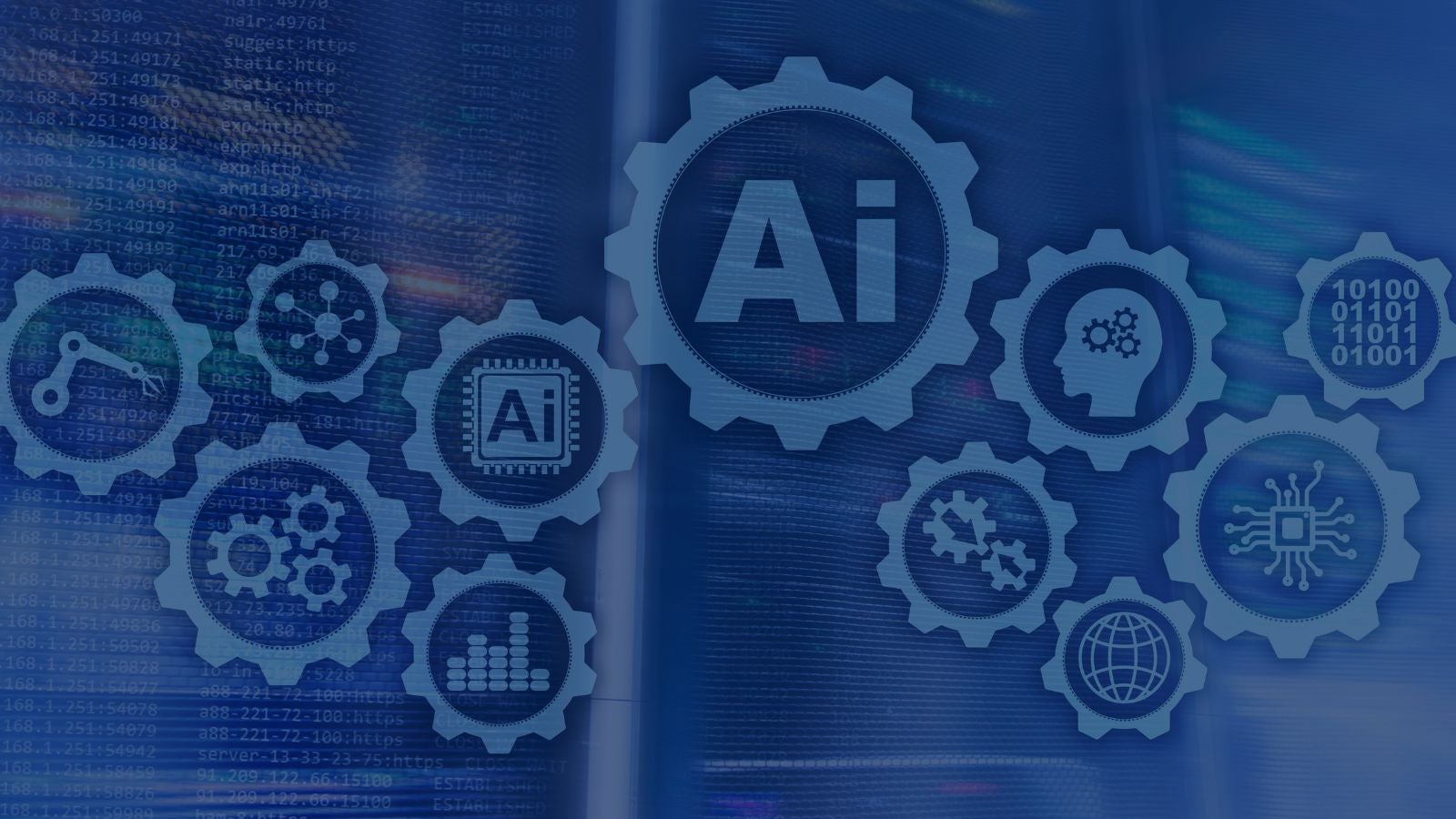The Ken Kennedy Institute has announced the winners for the 2024 AI, Data, and Computing Seed Funding Initiative. This year, the program has awarded $175,000 across seven research projects. Five of the projects involve faculty in Rice’s Department of Computer Science. Funding is also provided by contributions from the Rice Synthetic Biology Institute, Smalley-Curl Institute, and Rice Advanced Materials Institute.
The Seed Funding Initiative aims to bridge interdisciplinary gaps, foster collaborations, and set forth new paradigms in AI, Data, and Computing by supporting innovative research groups with aspirations to launch groundbreaking projects. The award period covers March 2024 to March 2025.
See below for an overview of Rice CS' winning initiatives.
From full-model training to submodel adaptation: Novel, resource-aware approaches in Continual Learning and Domain Adaptation
PI: Anastasios Kyrillidis, Noah Harding Assistant Professor of Computer Science
Co-PI: Vladimir Braverman (Computer Science)
Abstract: This project proposes novel, resource-aware approaches for continual learning and domain adaptation. The research community has recently highlighted the lack of efficiency in these scenarios. In particular, while it is generally acceptable as a resource-efficient technique to finetune or adapt ML models to new tasks –by only training for a few more iterations or updating a small portion of the model, respectively– it is worth noting that naive finetuning in pretrained models could result into more compute than training a specialized smaller model from scratch! Inspired by these disputes, our proposal leads to solutions that operate from training-from-scratch models to selectively adapting pretrained models, depending on the available resources.
Real-time flood mapping and disaster response with machine learning based acceleration
PI: Arlei Lopes da Silva, Assistant Professor of Computer Science
Co-PI: Philip Bedient (Civil and Environmental Engineering)
Abstract: Inundation maps provide flood extent (water depth) over a geographical area based on rainfall data, elevation maps, water streams, and other hydrological data. However, classical approaches for inundation mapping are computationally intensive due to their reliance on numerical methods for flood simulation based on the solution of PDEs. This is a challenge in real-time applications such as disaster response, where flooding impact on critical infrastructure must be estimated based on rapidly changing meteorological conditions. This project will propose computational approaches for (1) the fast generation of inundation maps and (2) the fast identification of impacted infrastructure for disaster response. Instead of relying on PDE solvers, the proposed approaches will leverage data and machine learning to efficiently estimate water depths over large urban areas. Data from Harris County will be applied in case studies to validate the proposed approaches with the support of local experts.
An Open Data Curation Platform for Large Scale Multimodal Models
PI: Vicente Ordóñez-Román, Associate Professor of Computer Science
Abstract: Data quality is a fundamental tenet for building future AI models that can reason about several input modalities in more unconstrained scenarios. AI models are currently capable of handling text, images, video, and audio over a multitude of tasks. Our project aims to build tools and infrastructure that can be used for maintaining a lifecycle of synergistic data collection and model training that can be continuously updated. Our goal is to integrate these two common but separate processes into a single platform where the collective effort of people can be integrated and disseminated in an equitable and fair manner. Our project will also devise best practices and guidelines for community-guided model training and data curation.
Enabling Quantum Speedup using a Suite of Learning, Optimization, and Compilation Tools
PI: Tirthak Patel, Assistant Professor of Computer Science
Co-PIs: Hengrui Luo (Statistics) & Professor Younghyun Cho (Santa Clara University, Computer Science and Engineering)
Co-Awarded by the Rice Smalley Curl Institute's Quantum Initiative
Abstract: Quantum computers can speed up algorithms across several domains, including high-performance computing and machine learning. However, large code sizes, long runtimes, susceptibility to hardware noise, and substantial sampling requirements make it difficult to run these algorithms on quantum computers. We aim to develop a suite of approaches leveraging quantum computing compilation methods, Gaussian Process modeling, and Bayesian optimization to mitigate the impact of the above issues. As the output of a quantum algorithm manifests as a probability distribution over binary string states, our methods uniquely employ quantum code tuning for efficient computation and as a scalable generator of the original code's mathematically equivalent output probability distribution. This distribution is then analyzed using GP modeling to predict the correct output, offering the ability to achieve logically equivalent computation with smaller quantum codes that can run on quantum computers.
AI-Powered Battery State-of-Health Monitoring and Forecasting
PI: Ming Tang, Associate Professor of Materials Science and NanoEngineering
Co-PI: Xia (Ben) Hu (Computer Science)
Co-Awarded by the Rice Advanced Materials Institute
Abstract: The goal of this project is to leverage the explosive progress in AI to build a data-driven approach to monitoring and predicting the state of health (SoH) of rechargeable batteries deployed in electrical vehicles and renewable energy storage. We will develop and train AI models to make real-time SoH determination during battery operation, project battery life and detect catastrophic failure events at the early stage. Such capabilities would have a significant impact on the development of battery management systems and battery recycling technology by addressing key issues of existing techniques, which are time-consuming, inaccurate and/or lack forecasting power. The battery SoH forecasting model we aim to develop will contribute to a more sustainable, circular battery economy by prolonging battery life, reducing battery waste and improving battery recycling efficiency.
For the complete list of winners, see the original Ken Kennedy Institute announcement.

